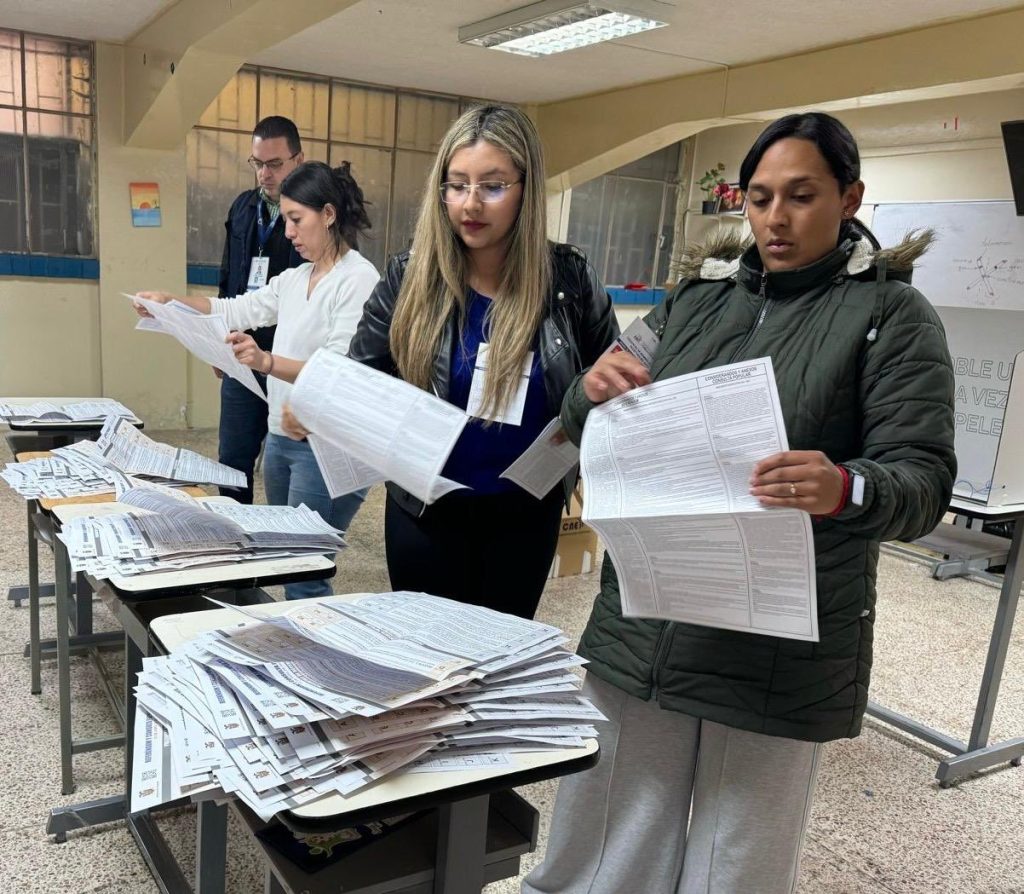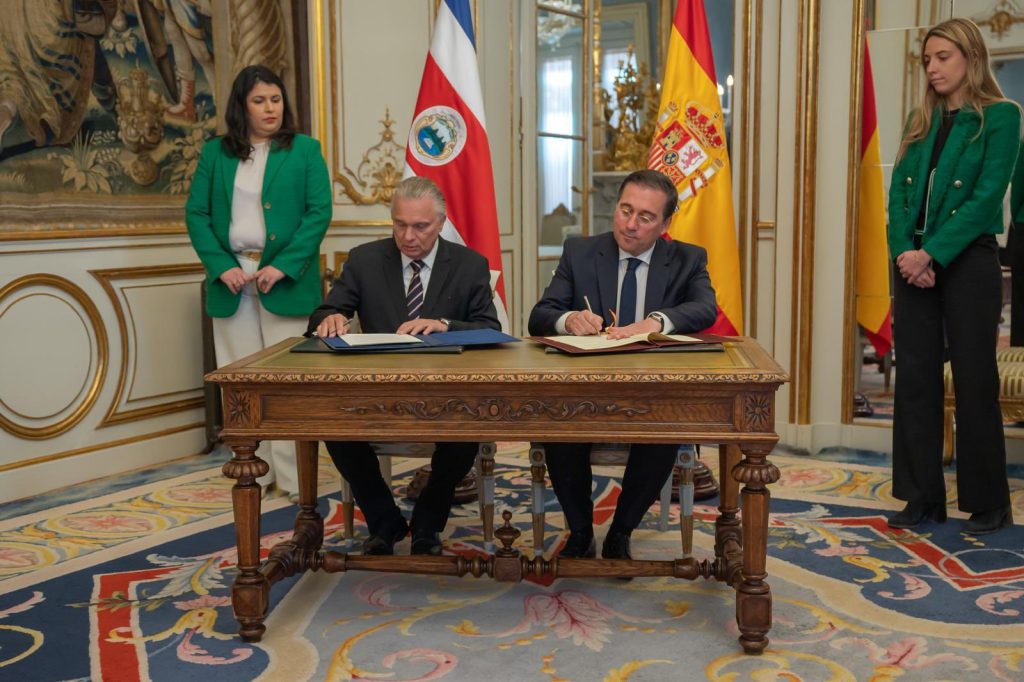ALBERTO BARCIELA
THE WORD AND THE BOOK

Words are the greatest intuition of humans, and their greatest collective achievement. With them, with their accumulation, we rational people distinguish ourselves, we build worlds, we narrate them, we elaborate our own and strange cosmoses; we acquire real universes and project imaginary ones.
Words are like stalactites that acquire their own meanings, that have evolved from the guttural caves through the magical generational tunnels, impregnating themselves with nuances, circumstances and their own dreams, acquiring forms and meanings, elaborating their own stories, and tracing the future with their own steps. The traces are lexical treasures of incalculable value.
Each epoch brings to expression its meanings, its nuanced voices, adds precious etymological carvings, demands sacrifices, but as long as the possibility of the word exists, there will be hope, we will be capable of illusion and of dazzling -of illuminating, yes-, of transmitting desires, emotions, of loving at last, and of encouraging -of making life itself breathable- granting it a certain sense, becoming aware of what we are, contributing to know ourselves, individually and collectively.
Words empower speech, languages, names, oratory, writing, culture, health, civilization, society… They dignify us by giving meaning and order to relationships, and thus enrich, heal and beautify them. They do not dispel all doubts, but they enable us to philosophize, exchange, share, negotiate, dispute, discern, support, oppose, help and even stumble when sharing our hesitations.
Dialectics should be the only field of dispute between disparate intelligences or ambitions. And yet, we are aware that without words there would be no diplomacy and that, without it, conflicts and wars would be permanent and even more cruel. Words are the essential building blocks of peace.
They are clay, the essential to mold the pieces of those magnificent puzzles, beloved mosaics, that we have come to call books, the most beautiful support of human truth with its lies, of ambitions and of the most extreme capacities, represented by fantasy or deceit. There are other supports, yes, but never as precious as books. In appearance they are the humblest container, they represent the most tenuous simplicity, the easiest refuge. But in substance they have changed the course of minds, altered behaviors, changed convictions, contradicted deep-rooted beliefs, brought about revolutions, raised spirits, supported knowledge -some even later disproved-, spurred absurdities, evidenced memories, told and altered stories, recounted biographies, created protagonists, promoted myths, induced fears, increased terrors, added joys, brought consolations, raised prayers, proclaimed songs, gave unforgettable moments? Nothing has been alien to them, nothing is impossible for them, nothingness itself is their everything.
One has to learn to nestle in books, to apprehend what is contained in them. Each copy has to be opened like a secret door, to transcend reality, better to think it or walk through it with knowledge and certain security, as in a journey through a fractal that will make us grow in the present towards the past or in search of a future. Time in them is magic.
The being reads and forgets, reads again and then contemplates again, perhaps with different eyes, returns to think what he knows he has to relegate in his neurons. Memory and forgetfulness are a great game of eternity. It is beautiful the circle of swims and of all, the rediscovery, the germinations of oblivion and memory, the evocations, the suggested emergences, the weaving with a minimal evocation a story that appropriates itself. The water returns to the river, which will never be the same. Memory returns to the book, which will never be the same. There is something parallel, perhaps it is the universes, the multiverse.
A small decision, not always easy, allows us to reach a world, a specific one, chosen among the multiple possibilities of a library. And in bound pages, compiled with a certain criterion, one discerns one’s own specific thematic, stylistic and temporal desires. With his decision, one exercises the freedom to choose, to plunge into a landscape composed with letters, in more or less long paragraphs, inspired, knowing that everything began and will end with a word. The being is rational because of them. Okay.
————
ALBERTO BARCIELA, Spanish journalist, is vice-president of EditoRed.
This text is free to use. If you use it, please cite the author and EditoRed.



